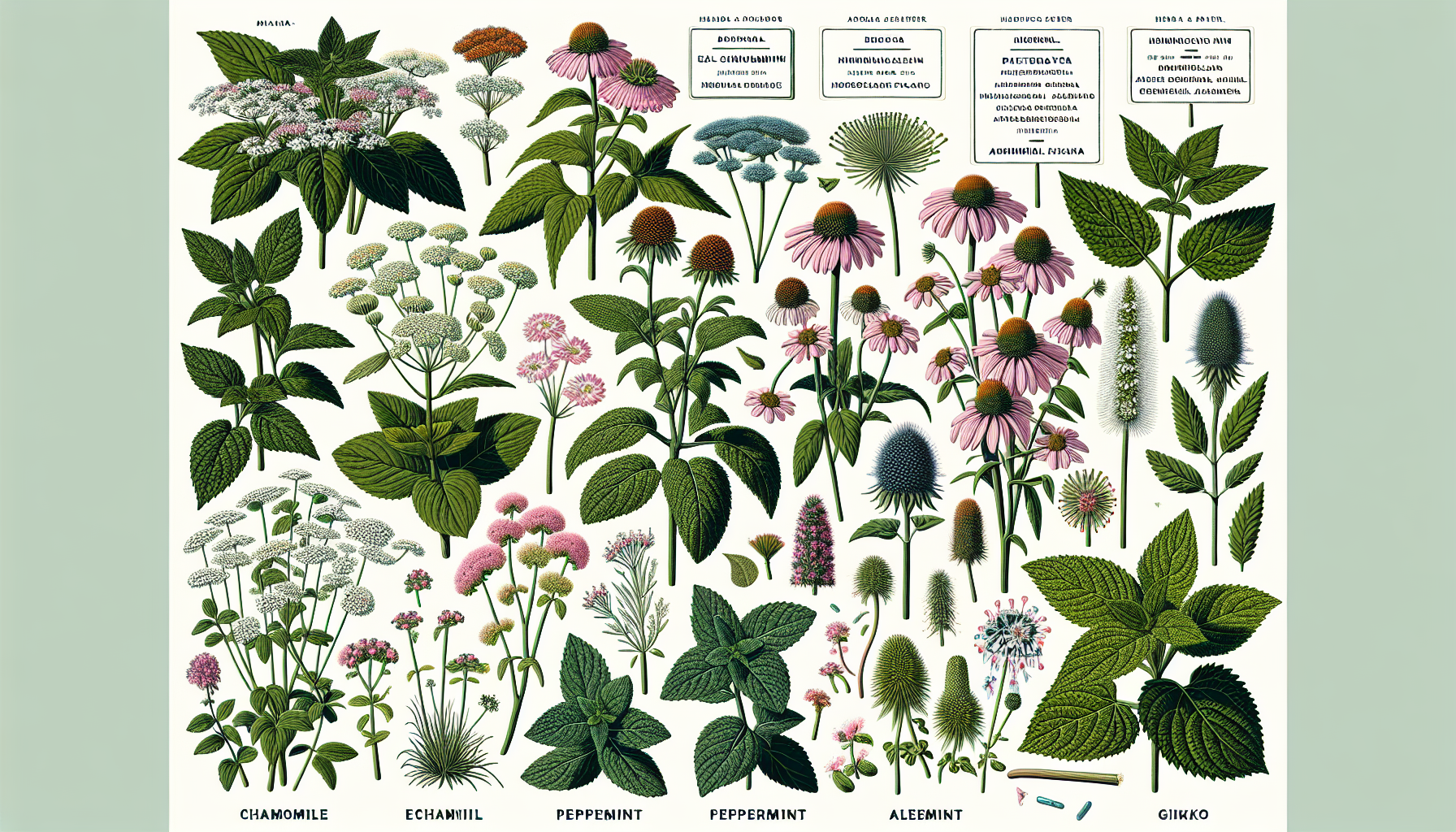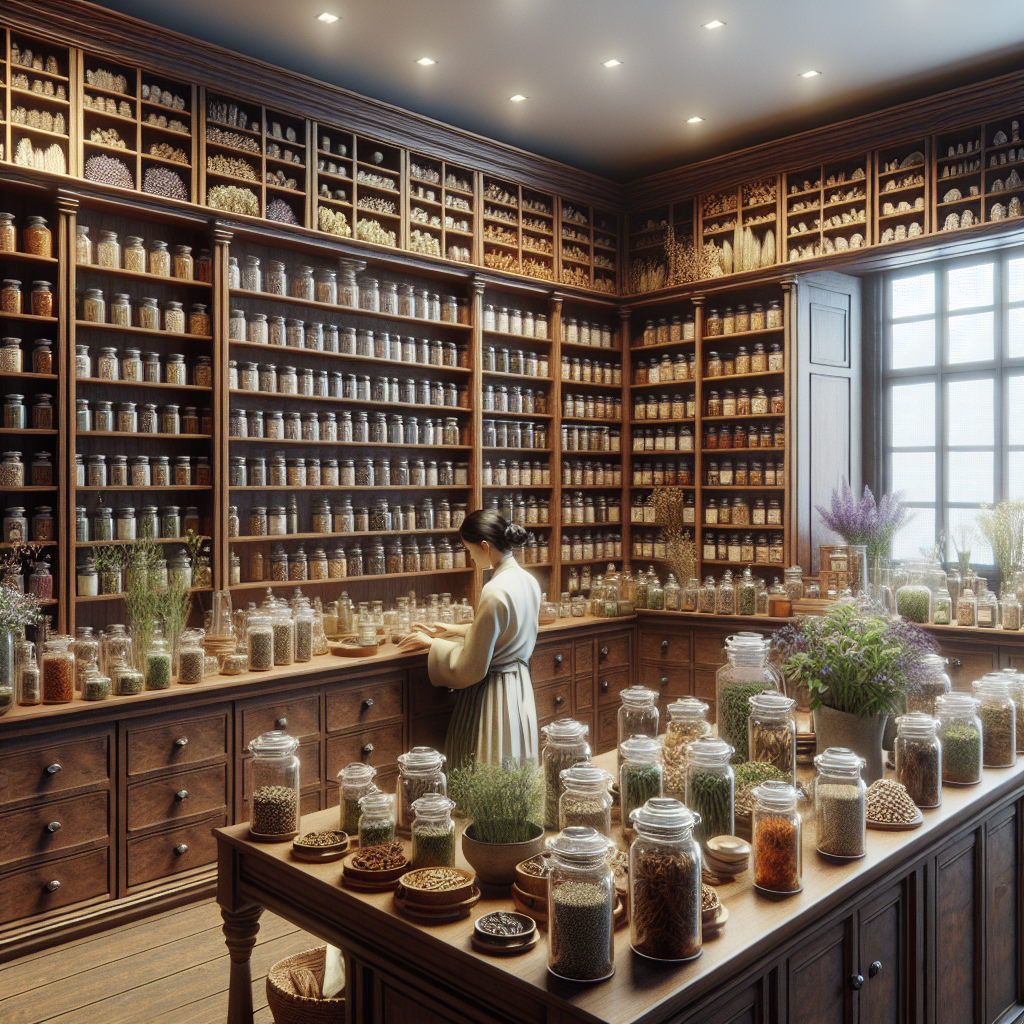In an age where synthetic drugs and advanced medical technologies seem to dominate the landscape of healthcare, the allure and utility of natural remedies continue to flourish. Contrary to popular belief, the use of plant-based treatments and traditional remedies is not merely an artifact of the past. Today’s health-conscious consumers and medical researchers alike are delving into the rich repository of nature’s pharmacy, seeking out alternatives that complement or enhance conventional medicine. This article explores the resurgence of natural remedies, their potential role in modern medicine, and how they are being integrated into contemporary healthcare practices.
The Revival of Traditional Medicine
Historically, natural remedies have served as the primary form of healthcare for centuries. From the apothecaries of old to the shamans of indigenous cultures, natural compounds have been harnessed to treat a myriad of ailments. In recent times, a renaissance of these age-old practices has emerged, prompted by a growing body of scientific research that substantiates the medicinal properties of numerous plants and natural compounds.
One area that has seen significant interest is the field of cardiovascular health. Various herbs and dietary supplements are being studied for their potential to support heart health, manage blood pressure, and reduce cholesterol levels. This resurgence is not just a nod to the past but a strategic incorporation of holistic approaches in managing and preventing cardiovascular diseases.
Evidence-Based Benefits of Natural Remedies
The scientific community has been pivotal in validating the efficacy of natural remedies. A multitude of studies have explored the active ingredients found in herbs and natural substances, revealing their potential therapeutic benefits. For instance, curcumin, the active compound in turmeric, has been extensively studied for its anti-inflammatory and antioxidant properties, which could support joint and bone health. Similarly, omega-3 fatty acids, found in fish oil, are widely recognized for their beneficial effects on brain function and mental health.
Navigating the Challenges of Standardization and Regulation
One of the main hurdles in integrating natural remedies into modern medicine is the lack of standardization and regulation. The complexities of herbal supplements, for instance, are discussed in the article, "The Challenges of Herbal Supplement Standardization," highlighting the necessity for consistent quality and reliable potency in these products. It’s essential to address these challenges to ensure that natural remedies are safe, effective, and reliable components of healthcare.
Enhancing Absorption and Effectiveness
To maximize the benefits of natural remedies, it’s crucial to understand the factors that influence their absorption and effectiveness. Strategies such as combining certain foods or supplements can enhance the bioavailability of natural compounds, as discussed in "Strategies to Enhance Supplement Absorption and Effectiveness." By leveraging such knowledge, individuals can make the most out of natural remedies incorporated into their health regimens.
The Role of Natural Remedies in Disease Management
Natural remedies are not only used for general wellness but also play a role in the management of chronic conditions. The use of dietary supplements, for instance, is gaining traction in the management of autoimmune diseases, as explored in the article "The Role of Dietary Supplements in Managing Autoimmune Diseases." This signifies a broader acceptance and integration of natural remedies in holistic disease management strategies.
External Resources Supporting Natural Remedies
To further comprehend the scope of natural remedies in modern medicine, several niche resources provide a wealth of information:
- A resource on the ethnobotanical study of medicinal plants offers insights into how various cultures utilize plants for medicinal purposes, emphasizing the cross-cultural significance of natural remedies.
- Research on the pharmacological activities of flavonoids sheds light on the potential of these natural compounds found in many fruits and vegetables, underscoring their importance in preventive health.
- An in-depth analysis of the role of natural products in drug discovery provides a comprehensive overview of how natural compounds contribute to the development of new medications, illustrating their impact on pharmaceutical innovation.
Integrating Natural Remedies with Modern Medicine
The integration of natural remedies into modern medicine is not about replacing conventional treatments but rather complementing them. It’s about creating a synergistic approach where the strengths of each can be harnessed for improved patient outcomes. For instance, utilizing natural anti-inflammatory agents alongside standard medications could potentially minimize the dosage required, thereby reducing side effects and enhancing quality of life.
The Future of Natural Remedies in Healthcare
As the healthcare landscape evolves, the integration of natural remedies is likely to become more prevalent. With ongoing research and a more informed public, the fusion of traditional wisdom with modern science will pave the way for a more holistic approach to medicine.
In conclusion, the potential of natural remedies in modern medicine is vast and multifaceted. From preventive health to chronic disease management, the role of these ancient treatments is being re-evaluated and validated in the context of contemporary healthcare. As we continue to explore and understand the complexities of natural compounds, their rightful place alongside conventional medicine becomes increasingly apparent, offering a more comprehensive and personalized approach to health and healing.



